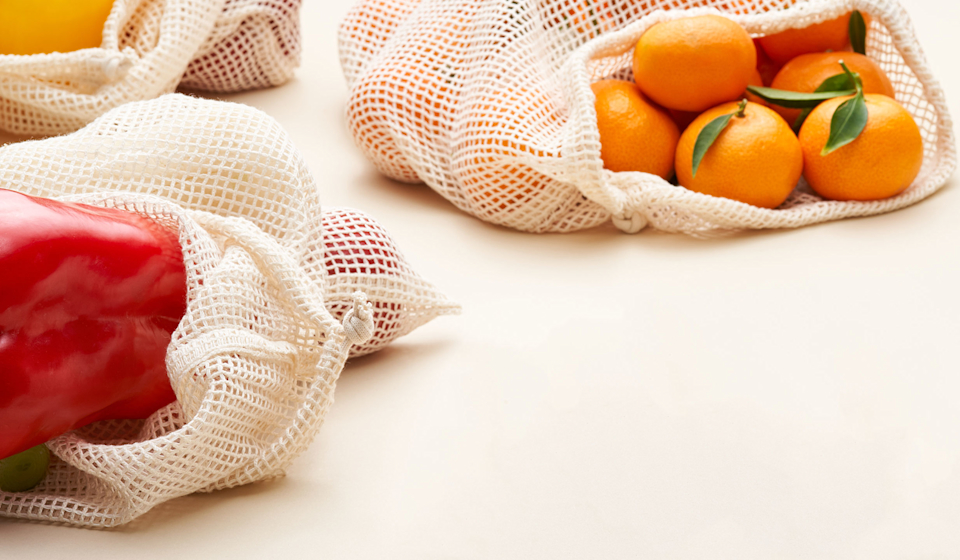Essential Takeaways
- Lots of parents we talk to cite picky eating as a big obstacle—including many of the parents on Team Ritual.
- The good news? According to Ritual’s in-house dietitian and child nutrition expert, there are some really effective ways to help get your picky eater excited about eating healthy.
Negotiating for a bite of spinach; conceding a cookie for dessert. For some parents, mealtime is an all-too-familiar battle of the wills—and few people understand that better than Dr. Mastaneh Sharafi, PhD, RD, and Ritual’s Senior Director of Scientific Affairs.
Dr. Mastaneh isn’t just an expert on the topic of childhood nutrition—she also has ultimate on-the-job experience as a mom of two. Below, she shares some easy ways to help nip picky eating in the bud.
Lead by example.
We probably don’t need to tell you that kids are often bound to copy mom and dad—which is why openly enjoying a balanced diet of nutrient-rich foods can be an easy way to instill positive habits.
“If you want to shape their dietary behavior, you need to first make sure that your own dietary behaviors and what you do is what you want your kids to learn,” says Dr. Mastaneh. To put another spin on it: “If you tell them to eat healthy and you're not doing it, it's probably not going to work.”











